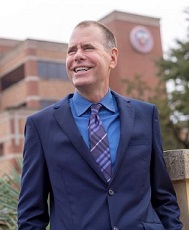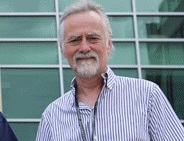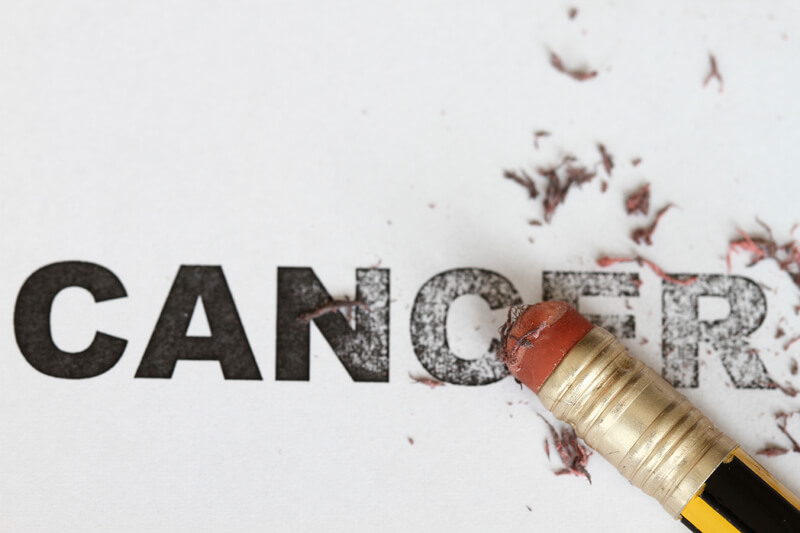UT Health San Antonio researchers, working with collaborators at the University of Florida, have discovered a safe and potent next generation of drugs to fight multiple types of leukemia and lymphoma in adults and children. The journal Nature Medicine reported the findings Dec. 2.

“This is a new class of drugs called PROTACs that target an essential survival protein in cancer cells called BCL-XL,” said research co-author Robert Hromas, M.D., FACP, professor of medicine at UT Health San Antonio and dean of the university’s Joe R. and Teresa Lozano Long School of Medicine. “The previous drugs that have targeted BCL-XL decrease platelets dangerously, with a high risk of bleeding. Our drug markedly reduces that risk, and thus would be potentially far more useful in cancer patients.”
The PROTAC reported here would treat T-cell malignancies such as T-cell acute leukemia and T-cell lymphoma, Dr. Hromas, a noted hematologist and oncologist, said.
T cells are produced by a gland in the upper chest called the thymus. These cells are very important participants in the body’s immune response. When they turn cancerous, they rely on BCL-XL for survival.
Dr. Hromas is joined on the paper by several co-authors from the Greehey Children’s Cancer Research Institute at UT Health San Antonio.

“PROTAC drugs degrade the BCL-XL protein rather than merely inhibiting it,” said Peter Houghton, Ph.D., professor of molecular medicine and director of the Greehey Institute. “Potentially this class of drug can be developed against certain childhood cancers that have been untreatable.”
# # #
Reference: “A selective BCL-XL degrader achieves safe and potent antitumor activity,” Nature Medicine, Sajid Khan, et al.
Funding: National Institutes of Health and the Cancer Prevention and Research Institute of Texas.
# # #
Stay connected with UT Health San Antonio on Facebook, Twitter, LinkedIn, Instagram and YouTube.
The University of Texas Health Science Center at San Antonio, now called UT Health San Antonio®, is one of the country’s leading health sciences universities. With missions of teaching, research, healing and community engagement, its schools of medicine, nursing, dentistry, health professions and graduate biomedical sciences have produced 36,500 alumni who are leading change, advancing their fields and renewing hope for patients and their families throughout South Texas and the world. To learn about the many ways “We make lives better®,” visit www.uthscsa.edu.


